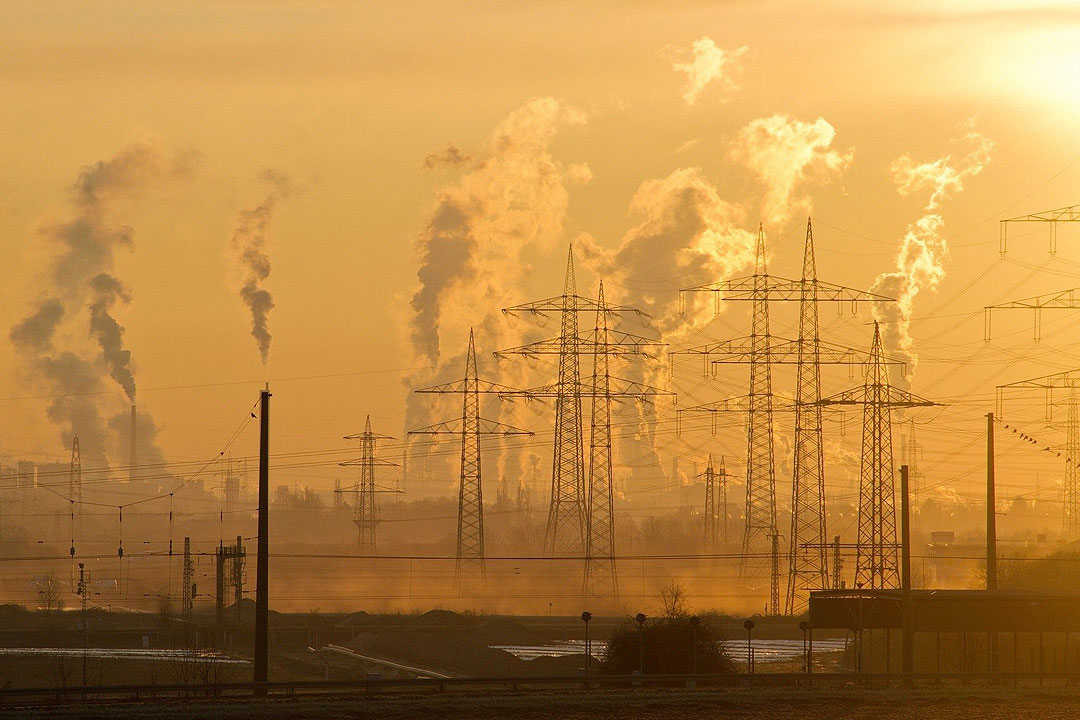
THE Department of Energy (DoE) said its plan to retire or repurpose coal-fired power plants will involve up to 5,000 megawatts (MW) as the Philippines shifts to cleaner forms of energy.
“There will be retirement of coal capacity (of) around 4,000 or 5,000 megawatts or even more under the Clean-Energy Scenario,” Michael O. Sinocruz, DoE director for Energy Policy and Planning Bureau, said at a virtual public consultation on Wednesday.
“We are going to come up with an investment plan for the retirement and repurposing of (coal-fired power plants). And again, it is not only the Philippines that looking at the repurposing of coal. Even those countries that have RE (renewable energy) are also looking at the repurposing of coal,” he added.
The DoE estimates current coal power capacity at 12,473 MW, with dependable capacity at 11,394 MW, as of June.
This accounts for 44.1% and 46.1% of the Philippines’ energy capacity, respectively.
The Clean-Energy Scenario of the Philippine Energy Plan (PEP) 2020-2040 aims to increase the share of RE in the power mix to 35% by 2030, then to 50% by 2040.
Separately, Gerry C. Arances, convenor of the Power for People Coalition, said in a statement on Wednesday that his organization remains opposed to the major role played by gas in the PEP’s clean-energy transition.
“The continued presence of gas in the PEP does not achieve any of the goals of the DoE under the law. Gas is expensive, which will not benefit consumers. Gas is imported, meaning the supply will be at the mercy of the international market… Gas, in short, is the worst energy source that the DoE can rely on to fulfill its duties,” he said.
Mr. Arances said the DoE should release “its assumptions for the computation of electricity prices in the interest of transparency and to see if these assumptions are based on science and policy.”
Center for Energy, Ecology, and Development Deputy Executive Director Avril de Torres urged the DoE to heed the results of consultations, which demonstrated significant opposition to the transition plans.
“As the DoE moves forward to next rounds of consultations with stakeholders in Mindanao and Visayas, we urge it to learn from the feedback it received from an overwhelming number of participants raising alarm over these matters,” she said in a separate statement. — Sheldeen Joy Talavera



